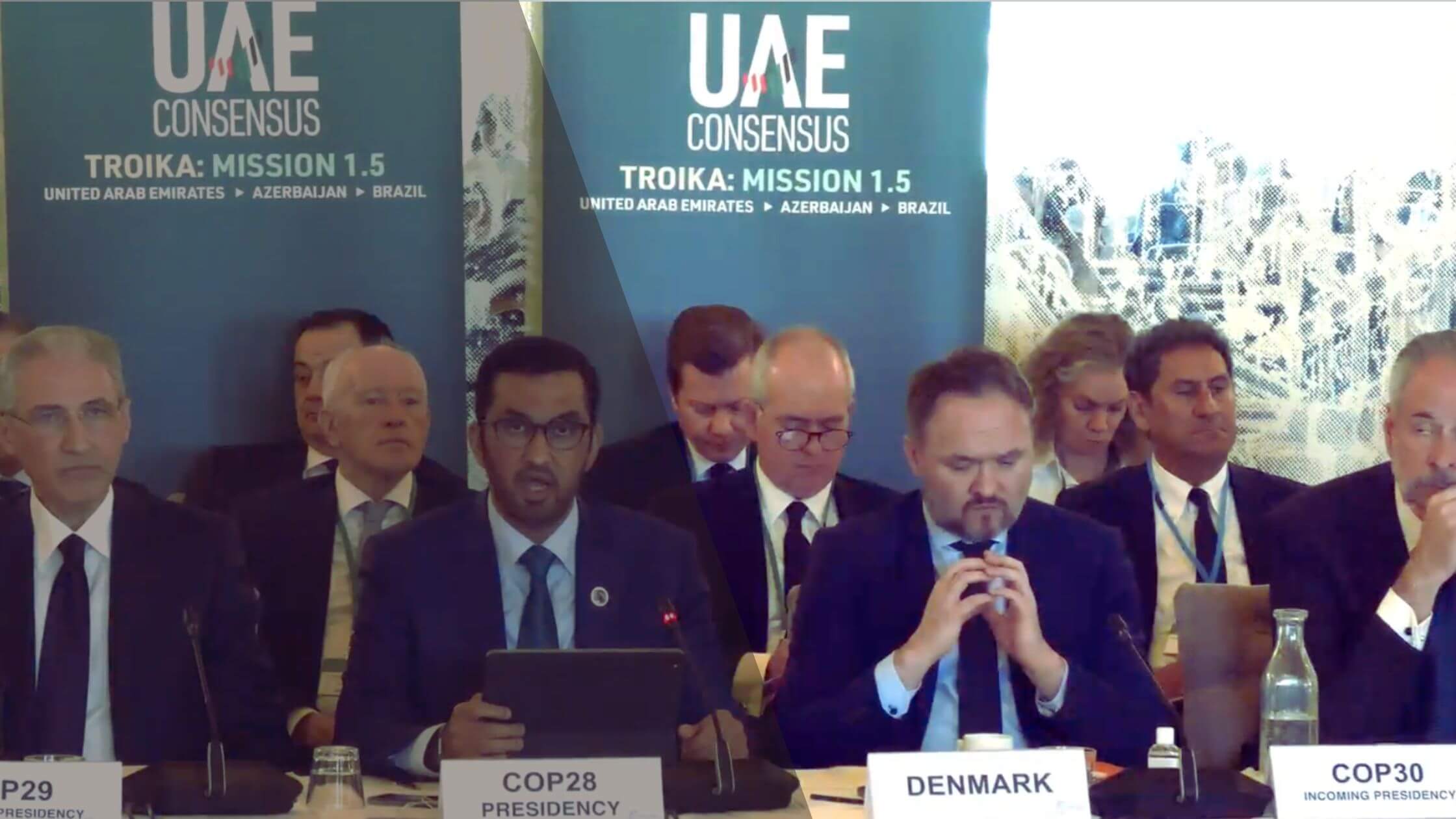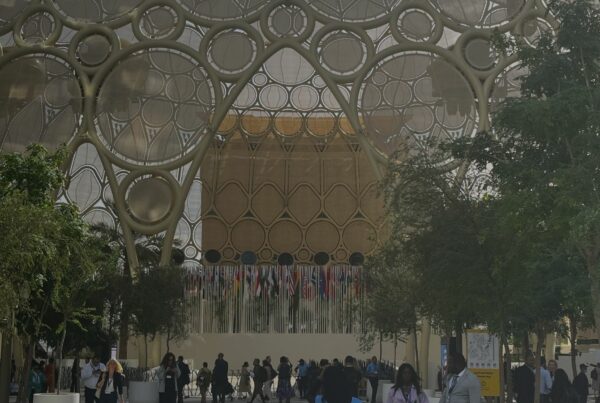Disaster Strikes African Countries Amid Climate Crisis
A dire situation unfolds as Malawi, Zimbabwe, and Zambia declare a ‘state of disaster’ following a severe drought linked to El Niño. Crops have been devastated, with Zambia losing 45% of planted areas, leading to a staggering 76% surge in corn prices since February 2023. Recurrent dry spells plague Malawi, affecting 44% of maize crops and resulting in annual GDP losses of 1.7% due to climate-related disasters. Meanwhile, efforts to establish a new loss and damage fund face delays.
Urgent Need for $2.4 Trillion Annual Climate Investment
A UN high-level expert panel reveals that $2.4 trillion in annual investment is required in developing countries by 2030 to meet the 1.5°C climate target. International sources, both public and private, must contribute $1 trillion of this sum. The upcoming IMF/World Bank Spring meeting from April 17-19 is crucial to kick-start this process, increasing the likelihood of reaching a new finance target at COP29.
Challenges in Mobilizing Funds Despite Potential Resources
Despite theoretical availability, reforms to raise funds for climate action progress slowly. Options like wealth taxes, debt relief, and fossil fuel levies could generate around $27 trillion by 2030, yet implementation lags. New finance sources, including taxes on maritime shipping and aviation, are under consideration, with potential revenue of $80 billion. However, without increased cash flows, achieving the 2035 climate targets may be at risk.
Global Efforts and Political Challenges
Countries worldwide are engaged in discussions on long-term finance goals and climate plans. While many express commitments and expectations, actual contributions remain uncertain. Additionally, financial constraints plague international organizations like the UNFCCC, raising concerns about their ability to support climate initiatives.
Climate Finance
Long term finance – national submissions
*Brazil – NCQG will ‘determine’ level of mitigation & adaptation targets in 2025. .
*AILAC – Goal cannot ‘compromise’ debt sustainability of poorer countries.
*Africa – New finance goal must be directly linked to existing & new climate plans
*Philippines – new $$ goal should be science based & deliver more on adaptation
*Norway – keen for discussions on ‘contributors’ and methodology informing total
*Samoa – minimum goal should cover mitigation, adaptation & loss and damage
*LMDC – developed countries must be ‘proactive’ and build on ‘unmet’ $100bn
*Australia – should discuss how ‘current economic realities’ inform contributions
*Saudi Arabia – talks should ‘not try and change responsibilities’ for finance goal
*India – developed countries must offer at least $1 trillion a year
*UK – finance should be mobilised from a ‘wide variety of sources, instruments & channels’
*USA – more focus on options for ‘determining contributors’ in 2024
*Japan – emerging countries ‘with a capacity to do so’ should contribute
*EU – NCQG talks could focus on ‘under-tapped’ sources of cash
Diplomatic Moves and Regional Developments
International diplomacy intensifies as countries aim to strengthen climate commitments and partnerships. Envoys from European nations visit China to bolster green diplomacy, while the UK considers joining the Alliance of Small Island States. However, political challenges, such as the Australian government’s hesitancy in hosting COP31, highlight ongoing hurdles in climate action.
Legal Battles and Climate Litigation
April sees significant climate litigation, including ongoing cases against oil giant Shell and the European Court of Human Rights’ first ruling on climate cases involving 32 countries. These legal battles underscore the growing role of courts in holding corporations and governments accountable for climate actions.
In conclusion, while the urgency of climate action intensifies, financial, political, and legal challenges persist, highlighting the need for coordinated global efforts to address the climate crisis effectively.





